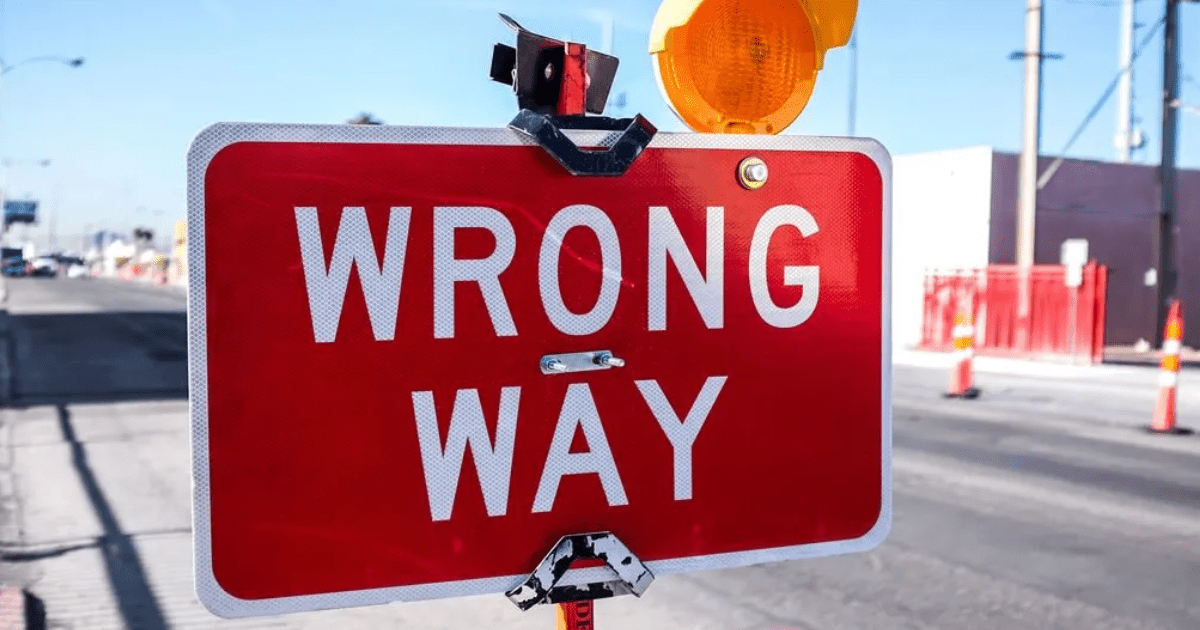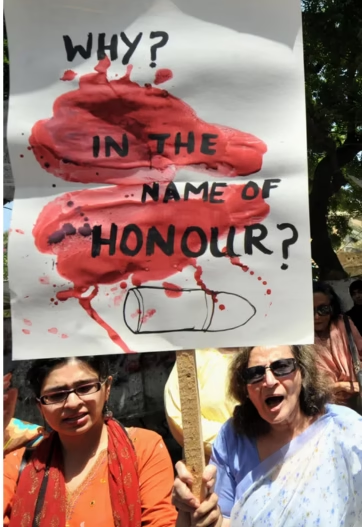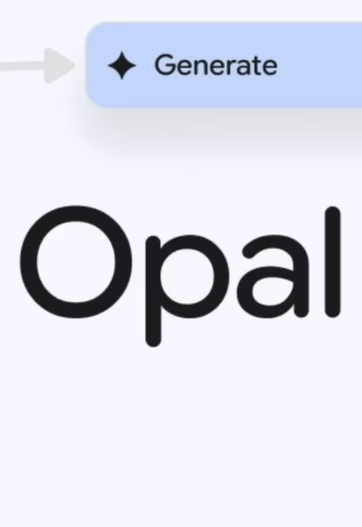Weakness of Faith Due to Faulty Scholars
Weakness of faith that strikes believers upon witnessing scholars’ misconduct is a spiritual crisis as old as religion itself. Imam Al-Ghazali (1058-1111 CE), the renowned Islamic theologian, addresses this profound dilemma in Deliverance from Error. His insights remain startlingly relevant today, when scandals involving preachers and clerics routinely make headlines.
This weakness of faith stems not from intellectual doubt, but from emotional betrayal – how can those who teach holiness violate it so brazenly? Al-Ghazali offers three layered remedies to heal this wound.

Remedy 1: The Human Fallibility Principle
Transition words (indeed, moreover, consequently) structure the logic:
- Shared Weakness: “The scholar knows sin’s prohibition just as you do,” argues Al-Ghazali. Desire overcomes both, proving human equality before temptation.
- Medical Analogy: “A physician who eats unhealthy food doesn’t disprove medicine’s truth.” Similarly, a sinning scholar doesn’t negate religious truths.
- Key Insight: Knowledge alone cannot overpower base desires – a humbling lesson for all.
“The scholar’s technical knowledge doesn’t make him immune to lusts that plague us all,” Al-Ghazali observes. This perspective reduces resentment toward erring scholars.
https://whatshappening.pk/cristiano-ronaldo-al-nassr-contract/
Remedy 2: The Spiritual Equity Argument
The weakness of faith dissipates when considering:
- Scholars’ Spiritual Capital: Their learning may intercede for them despite sins (though this isn’t guaranteed).
- Laymen’s Peril: “If you imitate their sins without their knowledge, you risk damnation without intercession.”
- Divine Calculus: Allah may weigh a scholar’s contributions against failures differently than a layperson’s.
“Would you refuse medicine because some doctors smoke?” Al-Ghazali’s metaphor challenges believers to separate message from messenger.
Remedy 3: Defining True Knowledge
Here, Al-Ghazali delivers his masterstroke against weakness of faith:
- Surface vs. Sacred Knowledge: Most “learning” is academic; true knowledge transforms behavior through:
- Taqwa (God-consciousness)
- Khashyah (reverent fear)
- Raja (hope in mercy)
- The Sin Spectrum:
- Stubborn sins reveal false knowledge
- Occasional slips afflict even the righteous
“Genuine scholars sin only incidentally and repent instantly,” he notes. Their lapses differ fundamentally from chronic hypocrisy.
Modern Applications: Overcoming Today’s Weakness of Faith
- Social Media Age: Viral scandals amplify faith crises; Al-Ghazali’s remedies provide psychological armor.
- Institutional Reform: His framework helps distinguish systemic corruption from individual failures.
- Personal Growth: Focus shifts from judging scholars to perfecting one’s own practice.
A 2023 Pew Study found 68% of Muslims report “faith shaken by religious leaders’ misconduct.” Al-Ghazali’s 900-year-old wisdom addresses this universal pain.
Key Takeaways from Al-Ghazali
| Principle | Application |
|---|---|
| Separate Knowledge from Bearer | Don’t reject truths due to flawed teachers |
| Mind the Accountability Gap | Scholars risk more – their knowledge testifies against them |
| Seek Transformative Knowledge | Prioritize wisdom that changes hearts over mere information |
Conclusion: From Weakness to Wisdom
The weakness of faith caused by scholars’ failings becomes strength when we:
- Humanize rather than idolize religious figures
- Personalize accountability (“What about MY sins?”)
- Internalize that true knowledge must transform behavior
As Al-Ghazali concludes: “The believer is tried but repentant – this isn’t weak faith, but the human condition.”
STAY UPDATED WITH THE LATEST NEWS. FOLLOW US ON OUR SOCIAL MEDIA CHANNELS:
INSTAGRAM: https://www.instagram.com/whatshappening.pk








Raising Righteous Children: Ibn Qayyim's Parenting Guide - What's Happening
28th Jun 2025[…] Weakness of Faith Due to Faulty Scholars […]